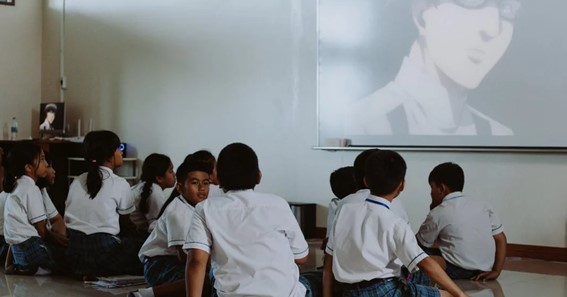As Singapore continues to face challenges in terms of education, early childhood education has become an increasingly important topic of discussion. Many experts believe that the foundation for a child’s educational success is laid during their earliest years, making it essential for parents and caregivers to provide them with high-quality early childhood education.
So, what makes a good early childhood education in Singapore? Here are some important factors to consider:
- A focus on learning through play.
Play is an essential part of a child’s development and should be the foundation of their early childhood education. Through play, children can learn essential skills such as problem-solving, critical thinking, and creativity. All these skills are essential for a child’s future success in school and in life.
- A balance of academics and social-emotional learning.
A good early childhood education should provide a balance of academic and social-emotional learning opportunities. Children should be given ample opportunity to explore and learn about the world around them, as well as to develop important social skills such as cooperation and communication.
- Individualised attention and support.
Each child is unique and should be treated as such in their early childhood education. Teachers and caregivers should provide individualised attention and support to meet each child’s needs. Children should feel supported and valued, and their unique strengths and interests should be nurtured.
- A safe and nurturing environment.
The environment should be designed to meet the developmental needs of young children. It should be safe, clean, and organised in a way that promotes exploration and discovery. The physical environment should also support the emotional well-being of children by providing a warm, nurturing atmosphere.
- A developmentally appropriate curriculum.
Early childhood educators must design a curriculum that is appropriate for the age group they are teaching. The curriculum should be based on the latest research on how young children learn best and should include a variety of activities that engage all learning styles.
- A qualified and experienced staff.
The early childhood education field requires highly skilled and experienced professionals. Teachers should have a bachelor’s degree in early childhood education or a related field, and they should be certified by the National Association for the Education of Young Children.
- Ongoing professional development.
To ensure that they are providing the best possible care for children, early childhood educators must participate in ongoing professional development. This might include taking classes, attending workshops, or participating in research.
- Strong family and community partnerships.
A good early childhood education program will have strong partnerships with families and the wider community. These partnerships are essential for providing children with a comprehensive education that meets their needs. Families should feel welcome in the program and be involved in their child’s learning.
- A commitment to quality.
The early childhood education field is constantly evolving, and programs must keep up with the latest research and best practices. A commitment to quality means that programs are always looking for ways to improve and provide the best possible care for children.
- Health, good nutrition, and hygiene.
Finally, the provision of early childhood education must take into consideration the health and well-being of children. Good nutrition and hygiene practices should be promoted, and children should have access to regular medical check-ups.
Providing young children with a high-quality early childhood education is essential for their future success in school and life. When choosing an early childhood education program, parents should look for one that meets all of the above criteria.







